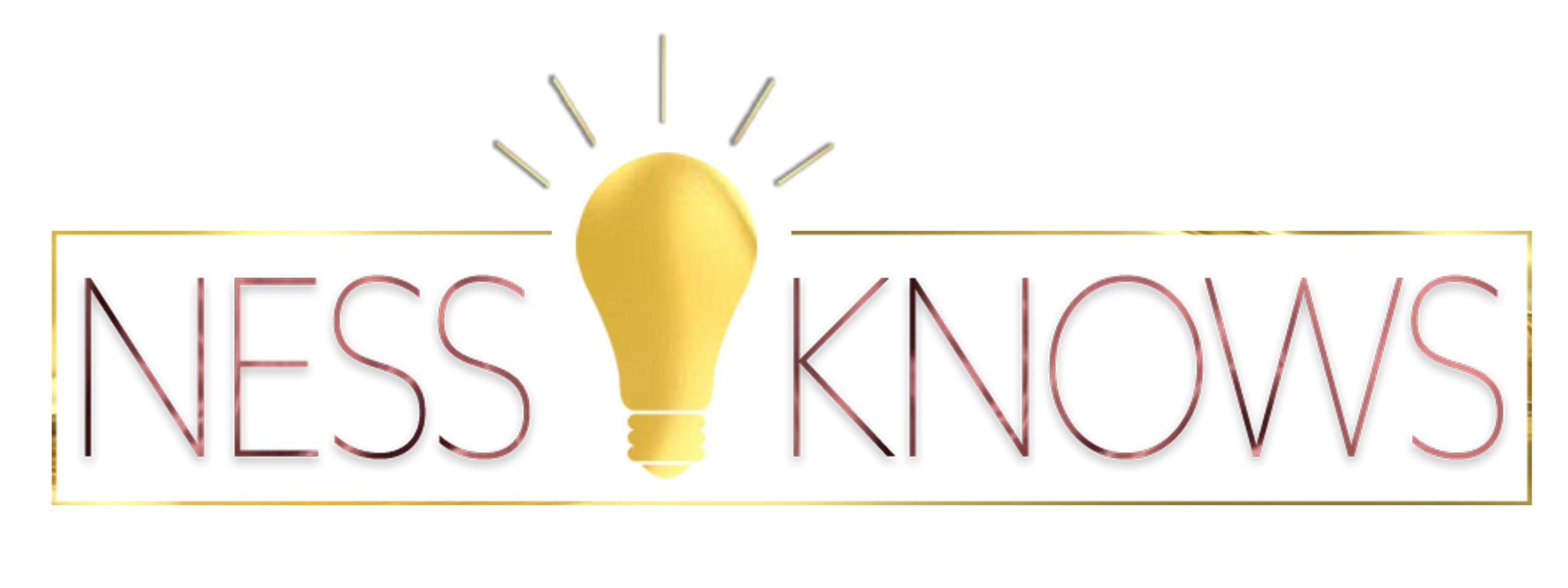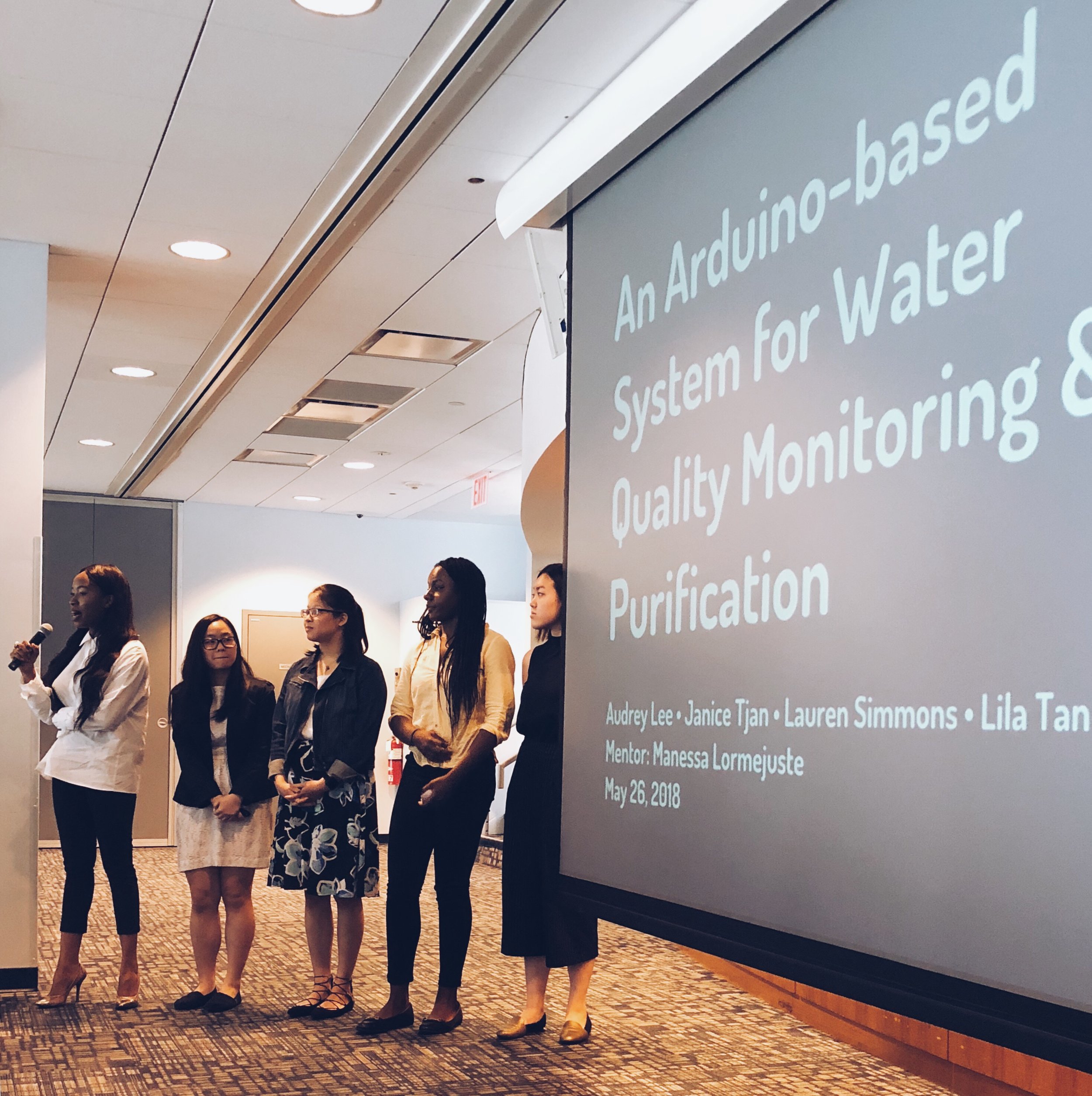Thoughts of a Mentor: Intrepid Sea, Air, and Space Museum
This past year, I completed a role as a mentor with the Intrepid Sea, Air, and Space Museum. In this role I served as the mentor to a group of phenomenal NYC young women through the Goals for Girls program. This is a group who have a strong interest in pursuing careers and education in STEM. This was the first time I served as an official mentor of a program and it was quite the experience.
First Time Serving as a Mentor
As I am a chemist by education, I expected to be the lead on the Chemistry & Biology Working Group. However, I was selected to lead a group of young women who are actually interested in engineering & technology. From the offset I was overwhelmed as I felt I didn’t really have knowledge to help these students thrive.
Soon after we met I realized that while I didn’t have a background in engineering or tech that I had other strong skills to offer. When tasked with choosing a project to research, I referenced a recent hurricane season that was rather brutal to the US. This sparked a lot of ideas about relief aid and how to help those in need following a hurricane. As the lead, I asked all members to research statistics and facts about hurricane relief as well as methods for delivering aid.
While reviewing the compiled research, there was a common theme of clean water being a scarce resource following a hurricane. With this in mind, I proposed we find innovative engineering methods or technologies that can serve as a base model for the research project. My group of young engineers found a method of using the Arduino platform to create a probe that can measure the conductivity of water. As the probe can measure the conductivity of water there is mathematical equation that can correlate conductivity to salinity. The salinity correlation would then be able to determine if the water source in question is potable.
This project was very interesting and different than anything I have ever done. The internet was one of our biggest resources as far as finding previous examples, analyzing costs, and computing the code for the Arduino board. We used everything from academic papers to YouTube videos to get the full scope of the project’s potential.
Most importantly, I had to rely on my organizational and time management skills to ensure we met all deadlines for this project. Google Hangouts was a big resource for meeting offsite as it wasn’t always feasible to meet in-person. I organized meet-ups, sent communications on deadlines, and project deliverables to keep this project ahead of schedule. With every milestone the project became more real. As we obtained more feedback from fellow scientists or sponsors of the program, we looked for ways to improve our model and even considered different add-ons to the base model.
Above all, this was an experience that was extremely worthwhile. It allowed me to be completely out of my comfort zone in an area of which I am not even close to being an expert. The strength and dedication of my team made this possible since I am only one person. This mentoring experience was one that made a significant impact on my life. Being able to facilitate a space where young women can explore and enhance their technical skills means a lot to me. As a rising star in STEM it is experiences like this that make my work more fulfilling.
- Manessa Lo.






